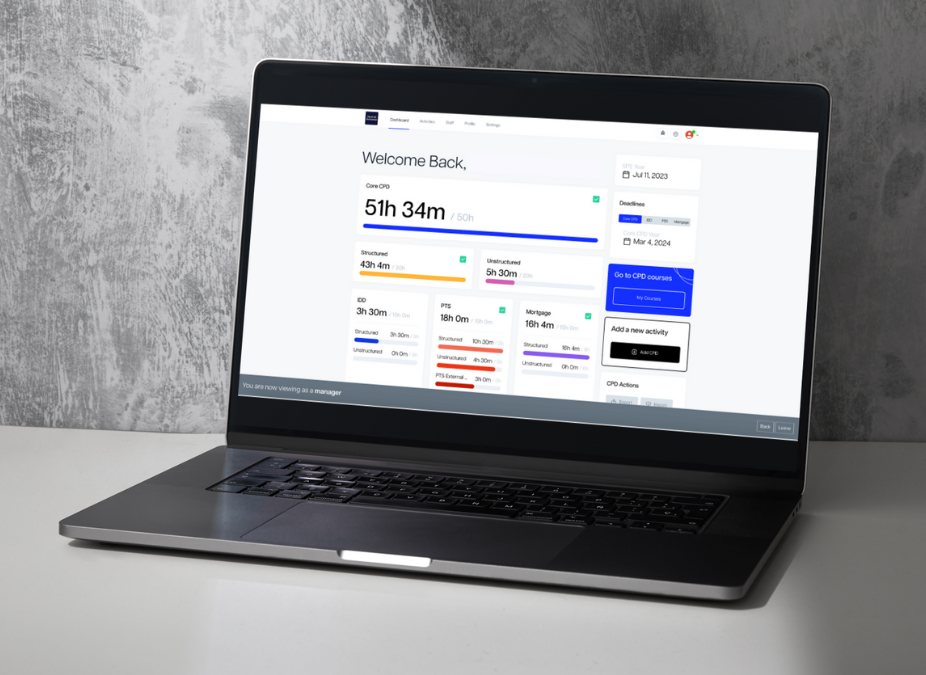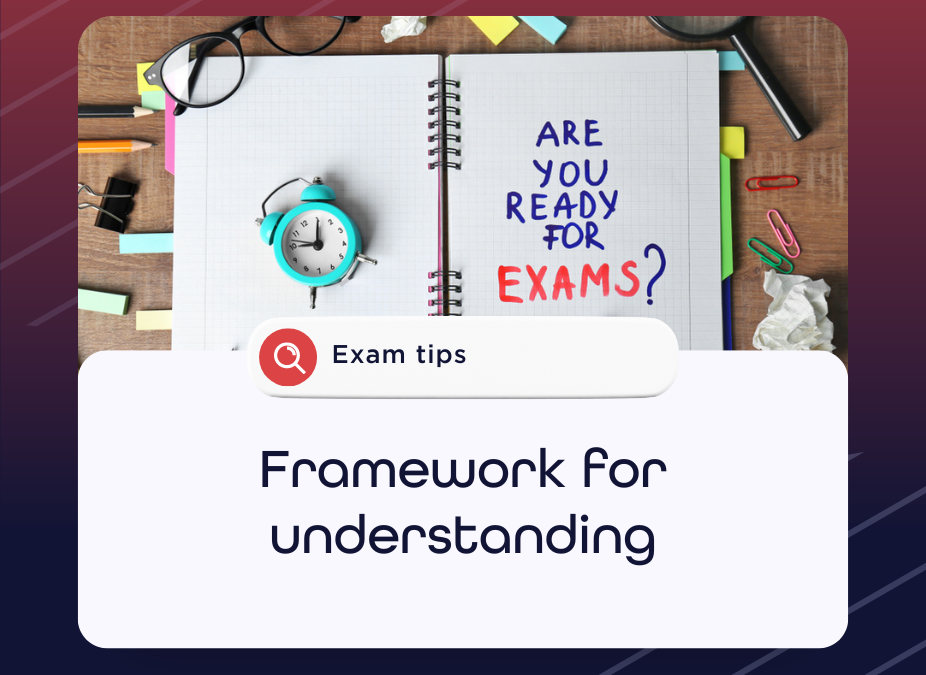About the R01 Exam
The R01 (Financial Services – Regulation and Ethics) exam forms part of the Diploma in Regulated Financial Planning and upon successful completion will give you 20 credits at diploma level.
The exam itself is a two-hour computer based multiple choice exam held at test centres throughout the country. As the exam is computer based, you can sit it on a date of your choosing throughout the year providing more flexibility to accommodate your studies. The exam format consists of 100 questions – 87 standard questions with only one correct answer and 13 multiple response questions with more than one correct answers.
The pass mark is 65% and as this is a computer based test rather than a written test it is unlikely that there will be much deviation from this unless a question is subsequently found to be invalid. So in terms of the mark needed to pass, you are looking at a minimum of 65/100
The following guidance comes from our learning programmes.
R01 Syllabus Breakdown
The exam is based on 8 learning outcomes with varying emphasis given to each section. The approximate split of marks is as follows, although this can vary up or down slightly depending on your specific exam:
The weighting of these tells you how much of your study time you should be devoting to each area.
You obviously want to attain as many marks as you can but there are clearly some areas here that will break your examination if you haven’t given them particular attention.
Planning your study for R01 – Financial Planning Regulation and Ethics
As noted above, there are 11 learning outcomes for the R01 exam, with different weight and emphasis applied to each (as we have mentioned) but they are extremely broad headings which don’t tell you very much about the content of the examination. The more detailed syllabus does break this down a bit further but still to pretty broad headings and as such, we need to go a bit further in planning your study.
Our study plan has been built around spending the right amount of time on each of the learning outcomes to help you get the most out of your study time.
The learning material has been split up into five weekly chunks which will guide you through the syllabus and prepare you for the exam.
As you start study, you should prepare what you need for your study and have a think about how you can fit the extra work into your busy schedule. Some learners prefer to come in to the office early and do an hour every morning, others prefer to break it up into smaller chunks and fit it in throughout the day but you have to find out what works for you. One thing that is clear though, is that it will be a reasonable commitment of your time, and if you fail to plan it properly you are planning to fail.
You might also want to get some stationery together like a pad of paper for your own notes and workings, and a highlighter to allow you to pick out key pieces of information and of course, a calculator. Remember that you are allowed to take a financial calculator into the examination (as long as it isn’t capable of being programmed to hold formulae) and these are useful for a number of the exams as well as working with customers in real life.
The Redmill Advance study Plan for R01 – Financial Services Regulation and Ethics
Our R01 study schedule is split into a five-week learning programme. We would recommend that you allow yourself around a week after the programme finishes to consolidate your learning, practice taking some examinations and revise. This means that you should leave yourself around 6 weeks from starting the programme, to taking the exam.
As part of our structured study plan, rather than just giving you a book and expecting you to read it and learn, we will be providing an interactive and structured journey to help you through your studies.
We have broken the key learning outcomes down into various areas that will be rolled out over the 5- week study schedule for you to study as you go. The learning materials will include written summaries of the material covered in the form of a study guide that you can print off and read through. As well as this and alongside the specific learning material, you will find other useful documents that will help with your study.
Our learning schedule for the R01 exam has been broken up into weekly sessions, and it is recommended that you complete each weekly module and learning within the week. You should find that there is just about the right amount of material for one week’s study and if you have time before the next week starts it is a good idea to consolidate your learning rather than trying to jump ahead to the next module.
The modules break down as follows:
- Module one covers syllabus areas 1 and 2 – looking at the high-level role of UK financial services and then considering the main financial planning areas and solutions.
- Module two covers syllabus areas 3 and 4 – looking at legal concepts and then introducing the regulation of financial services.
- Module three looks at just one syllabus area – number 5. This is the largest area, worth almost a third of the marks and simply considering the regulator’s approach to regulation.
- Module four picks up syllabus areas 6 and 7 – applying the regulatory principles and framework.
- Module five – this final module picks up the remaining four syllabus areas. This looks at the advice process and then covers ethics.
Everyone learns in their own way and you will need to find the way that works for you but some tips you might consider include:
- Work out what time of day suits you best for study – and note that most individuals study better in the morning
- Make your study short, punchy and regular – 45 mins max – before a short break
- Read through a section of material first before trying to come back and make notes – it gives you a framework
- If you are someone who is very visual – read the material and then draw out ‘mind maps’ or ‘spider charts’ to put the information into visual form
- Try to tie new material to things you already know – it is often easier to understand something if you can relate it to something similar you already understand
- If something just won’t stick in your mind – try something ridiculous! Take your child’s favourite teddy bear, put it in a chair and explain that difficult concept to the bear! You won’t struggle to remember how daft it felt and you’ll often remember the concept as a result
- If you have no visual memory and think in words – put concepts into stories. Make them crazy and memorable.
- Try setting concepts to the tunes of your favourite songs. We have a great memory for song lyrics for a reason – the music helps us remember.
- When using questions, don’t just debrief questions you got wrong, debrief ones you guessed right to – question practice is a diagnosis tool so use it to its fullest extent
- Careful when introducing additional study materials from other sources – is it reliable? Is it going to overwhelm your study in terms of sheer quantity?
Above all – make sure you do the work. If you don’t work, you won’t get the results. Good luck and we’ll see you in module one: https://redmilladvance.com/course/r01-course/
Need extra study support for your CII exams?
We’ve got you covered! At Redmill Advance, we provide study support for the CII and CISI exams, and all of our courses are CPD accredited. So, you can rest assured that you’re in good hands.
Our learning programmes have been designed to cut straight to the core material you need for exam success. We can fully support your learning and professional development needs wherever you are on your own journey.
Click here to take a look at our extensive range of courses
Need help with your study methods? Click here to download our free study guide to exam success
Learn without limits




